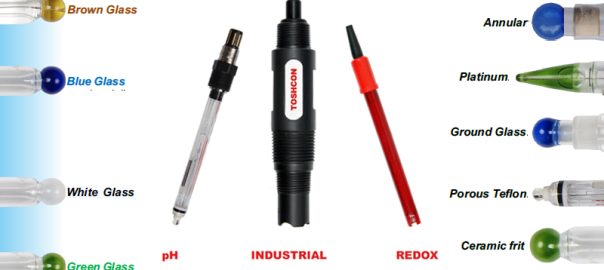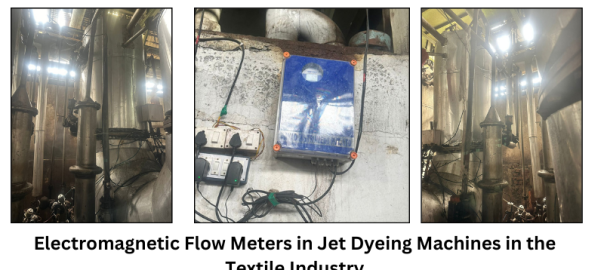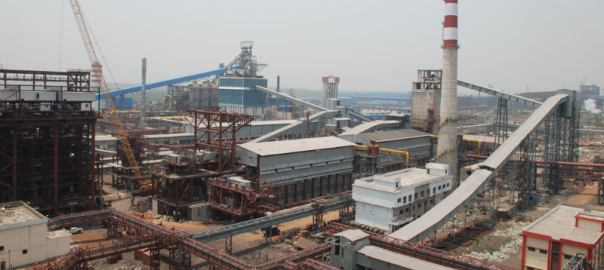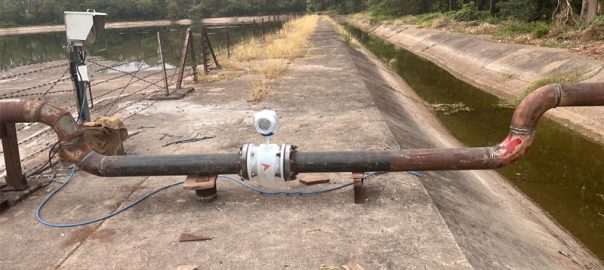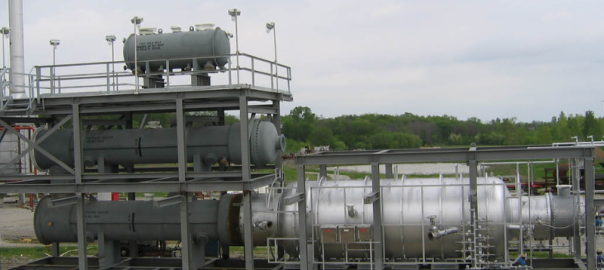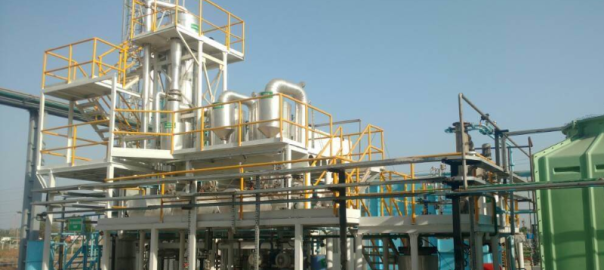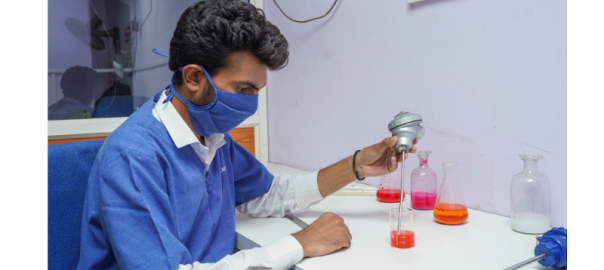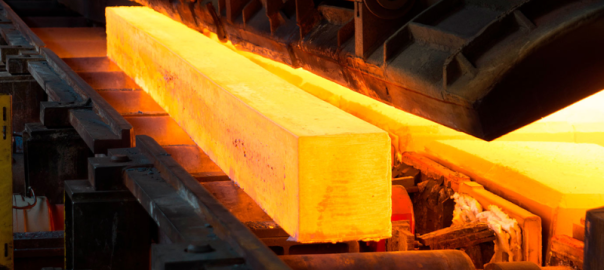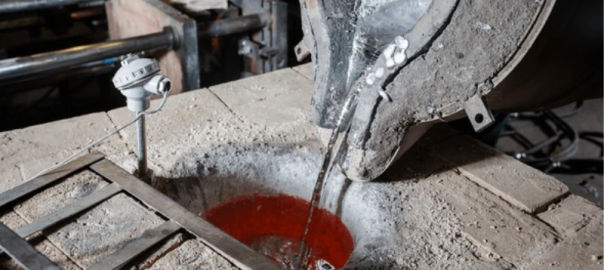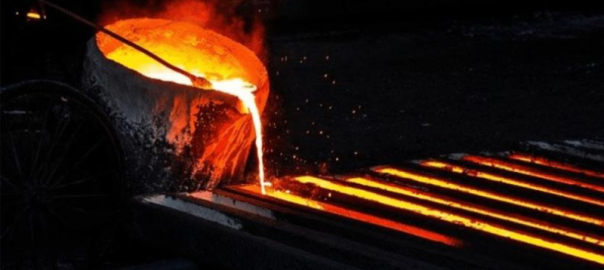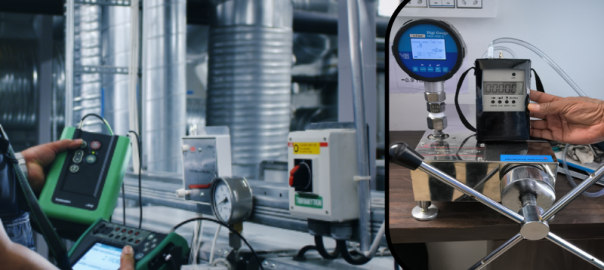
Thermocouples play a crucial role in various industrial processes, including coke oven operations. These temperature sensors are widely used to measure and monitor temperature levels in high-temperature environments. In this blog post, we will explore the significance of thermocouples in coke oven applications, their working principle, and key considerations for selecting the right thermocouples.
1. What is a Coke Oven?
- Briefly explain the purpose and functioning of a Coke oven.
2. Importance of Temperature Monitoring:
- Highlight the critical role of temperature monitoring in coke oven operations.
- Discuss how accurate temperature measurements can optimize Coke production and quality.
3. Understanding Thermocouples:
- Explain the basic principle behind thermocouples.
- Discuss the construction and working mechanism of a typical thermocouple.
4. Challenges in Coke Oven Applications:
- Outline the harsh conditions and challenges faced in coke oven environments.
- Emphasize the need for rugged and reliable thermocouples that can withstand extreme temperatures, corrosive gases, and mechanical stress.
5. Thermocouple Selection Considerations:
- Discuss the factors to consider when choosing thermocouples for coke oven applications.
- Highlight the importance of temperature range, accuracy, response time, and durability.
6. Common Thermocouple Types:
- Provide an overview of commonly used thermocouple types suitable for coke oven environments, such as Type K, Type N, or Type R.
- Explain their characteristics, temperature ranges, and advantages/disadvantages.
7. Installation and Maintenance:
- Offer practical tips for proper thermocouple installation in Coke ovens.
- Discuss routine maintenance procedures and best practices to ensure accurate and reliable temperature measurements.
8. Troubleshooting and Diagnostics:
- Address potential issues that may arise with thermocouples in coke ovens.
- Provide troubleshooting techniques and solutions for common problems.
9. Future Trends:
- Explore emerging technologies or advancements in thermocouple technology for coke oven applications.
- Discuss potential improvements in accuracy, durability, or remote monitoring capabilities.
Selecting and Maintaining Thermocouples for Efficient Coke Oven Operations
Thermocouples are vital components in coke oven operations as they enable accurate temperature monitoring in high-temperature environments. This blog post will delve deeper into the significance of thermocouples in coke oven applications, their working principle, factors to consider when selecting thermocouples, and essential maintenance practices to ensure optimal performance.
1. Understanding Coke Ovens:
- Provide an overview of coke ovens and their role in the production of coke.
- Explain the temperature requirements and challenges associated with coke oven operations.
2. Importance of Temperature Monitoring in Coke Ovens:
- Highlight the crucial role of temperature monitoring for safety, efficiency, and coke quality.
- Discuss the impact of temperature variations on the Coke production process.
3. Working Principle of Thermocouples:
- Explain the fundamental working principle of thermocouples based on the Seebeck effect.
- Describe how the temperature difference generates an electromotive force (EMF) used for temperature measurement.
4. Factors to Consider When Selecting Thermocouples for Coke Ovens:
- Temperature Range: Discuss the importance of selecting thermocouples with appropriate temperature ranges for coke oven applications.
- Accuracy and Sensitivity: Highlight the significance of precise temperature measurements for optimal process control.
- Durability and Resistance: Address the need for thermocouples that can withstand extreme temperatures, mechanical stress, and corrosive gases.
- Response Time: Explain the importance of fast response times in capturing temperature changes promptly.
5. Commonly Used Thermocouple Types for Coke Ovens:
- Provide an overview of commonly used thermocouple types such as Type K, Type N, or Type R, and their suitability for coke oven applications.
- Discuss the temperature ranges, advantages, and limitations of each thermocouple type.
6. Installation Best Practices:
- Explain the importance of proper thermocouple installation to ensure accurate and reliable temperature measurements.
- Discuss considerations for probe placement, insulation, and protection against mechanical damage.
7. Maintenance and Calibration:
- Outline regular maintenance practices, including cleaning, inspection, and calibration.
- Discuss the significance of periodic calibration to maintain measurement accuracy.
8. Troubleshooting Thermocouple Issues:
- Address common problems that may arise with thermocouples, such as drift, aging, or wire breakage.
- Provide troubleshooting tips for identifying and resolving thermocouple-related issues.
9. Future Developments in Thermocouple Technology:
- Explore potential advancements in thermocouple technology, such as wireless or remote monitoring capabilities.
- Discuss how these developments can improve temperature monitoring in coke oven operations.
Enhancing Coke Oven Efficiency with Advanced Thermocouple Technology
Thermocouples play a crucial role in coke oven operations by enabling precise temperature monitoring. In this blog post, we will explore the latest advancements in thermocouple technology that can enhance the efficiency and productivity of coke ovens. From improved accuracy to remote monitoring capabilities, these innovations offer exciting possibilities for the Coke industry.
1. The Significance of Temperature Control in Coke Ovens:
- Discuss the critical role of temperature control in coke oven operations.
- Explain how temperature variations can impact Coke quality, energy consumption, and overall efficiency.
2. Understanding Advanced Thermocouple Technology:
- Introduce advancements in thermocouple design, materials, and manufacturing techniques.
- Highlight the benefits of these innovations in terms of accuracy, response time, and durability.
3. High-Accuracy Thermocouples for Precise Temperature Measurement:
- Explore thermocouple designs that offer improved accuracy and sensitivity.
- Discuss the use of specialized alloys and calibration techniques to achieve higher precision.
4. Thermocouples with Extended Temperature Range:
- Introduce thermocouples that can withstand extreme temperatures encountered in coke oven applications.
- Discuss the benefits of using thermocouples designed for extended temperature ranges.
5. Wireless and Remote Monitoring Capabilities:
- Explore wireless thermocouple technology for real-time temperature monitoring.
- Discuss the advantages of remote monitoring systems, including enhanced safety and efficiency.
6. Self-Diagnostics and Predictive Maintenance Features:
- Introduce thermocouples equipped with self-diagnostic capabilities.
- Explain how these features can detect faults or drifts in real-time and facilitate predictive maintenance.
7. Enhanced Durability and Resistance to Harsh Environments:
- Discuss advancements in thermocouple construction materials, coatings, and protection mechanisms.
- Highlight their ability to withstand corrosive gases, mechanical stress, and prolonged exposure to high temperatures.
8. Integration with Automation and Control Systems:
- Explain how advanced thermocouples can seamlessly integrate with automation and control systems.
- Discuss the benefits of real-time data integration for process optimization and predictive analytics.
9. Case Studies and Success Stories:
- Present real-world examples of coke oven operators benefiting from advanced thermocouple technology.
- Highlight improvements in energy efficiency, coke quality, and overall productivity.
Summarize the key advancements in thermocouple technology that can revolutionize coke oven operations. From enhanced accuracy and extended temperature range to wireless monitoring and predictive maintenance capabilities, these innovations offer substantial benefits to the coke industry. By adopting and leveraging these advanced thermocouples, coke oven operators can improve process efficiency, optimize energy consumption, and produce high-quality coke consistently.


